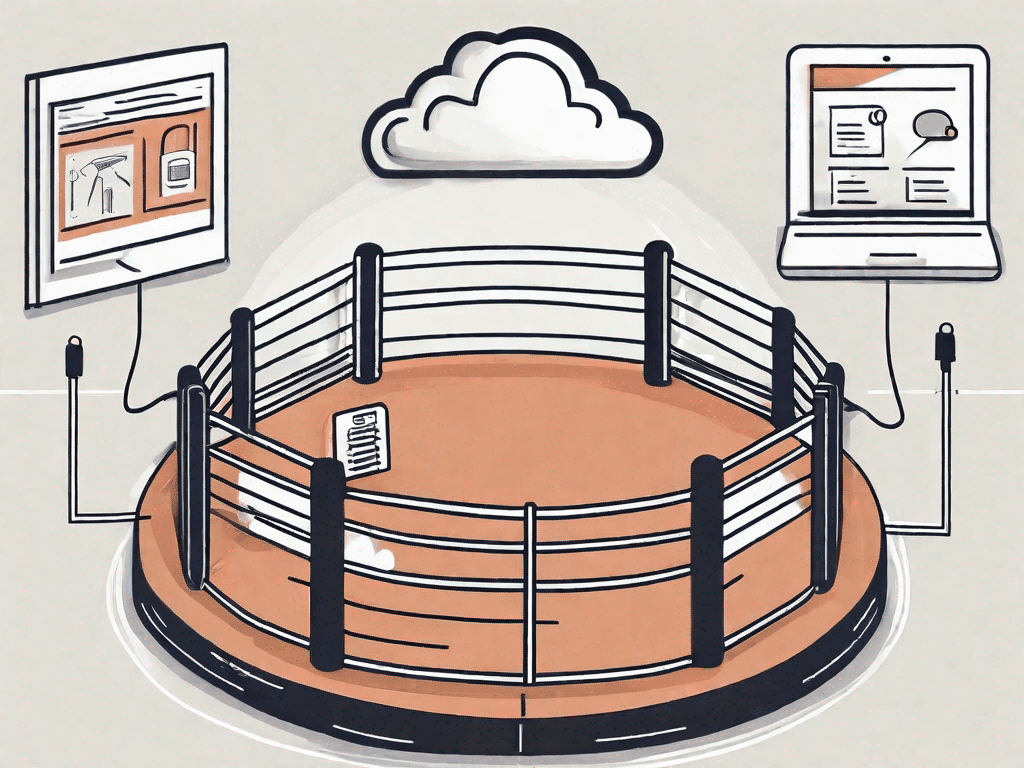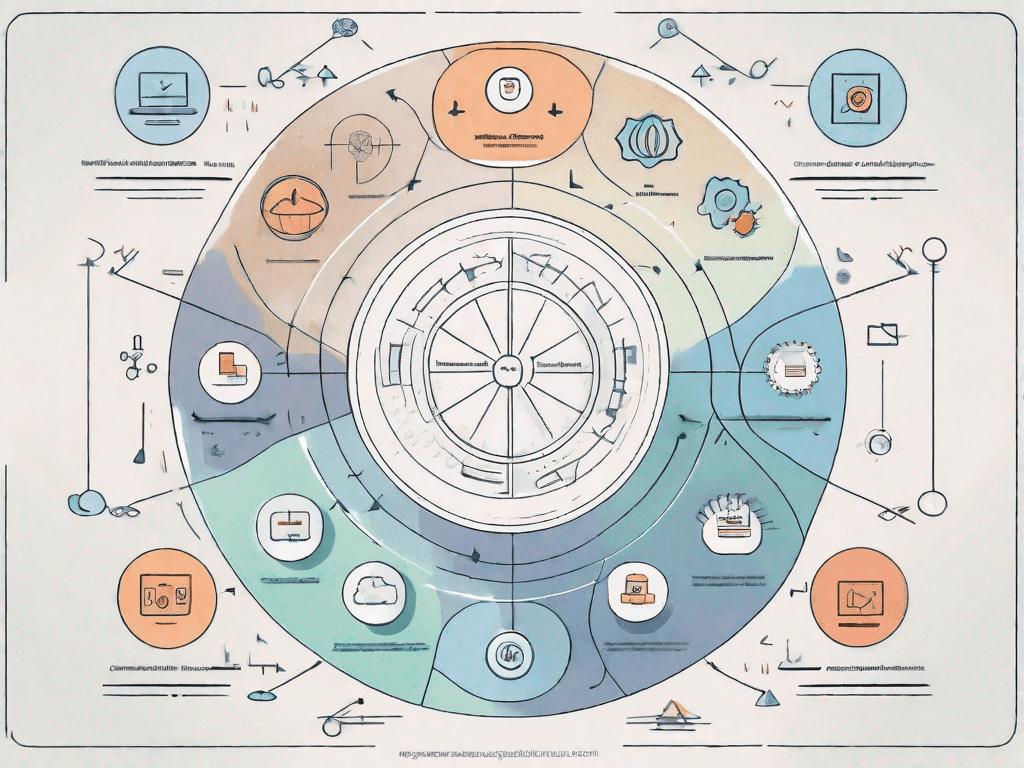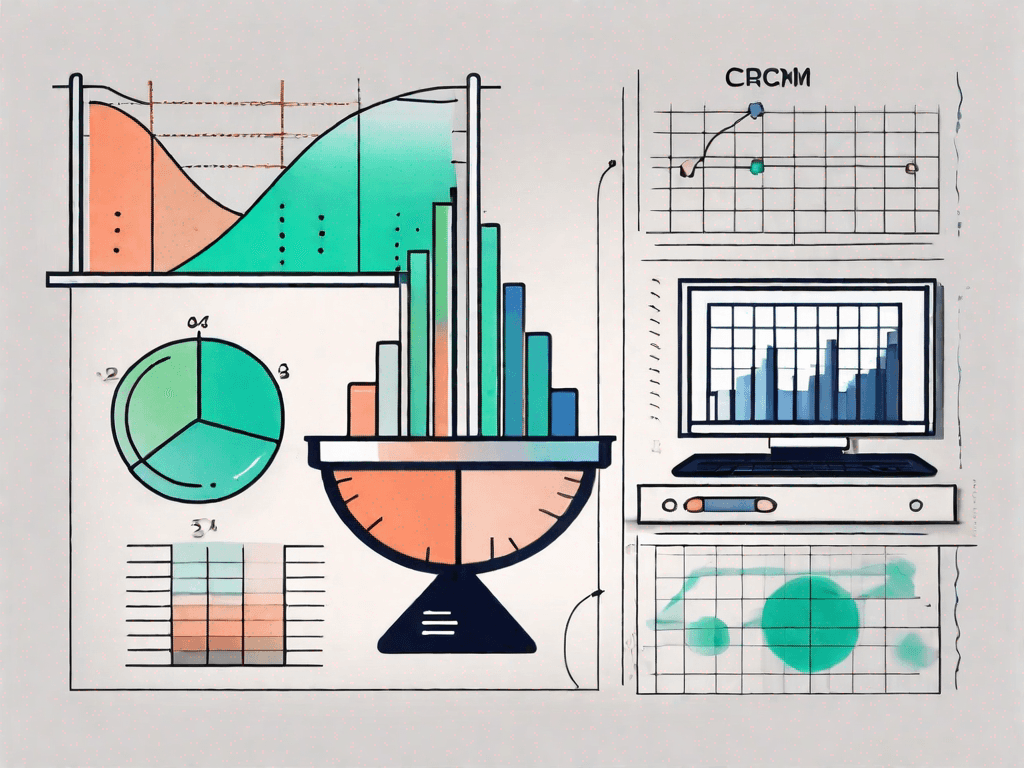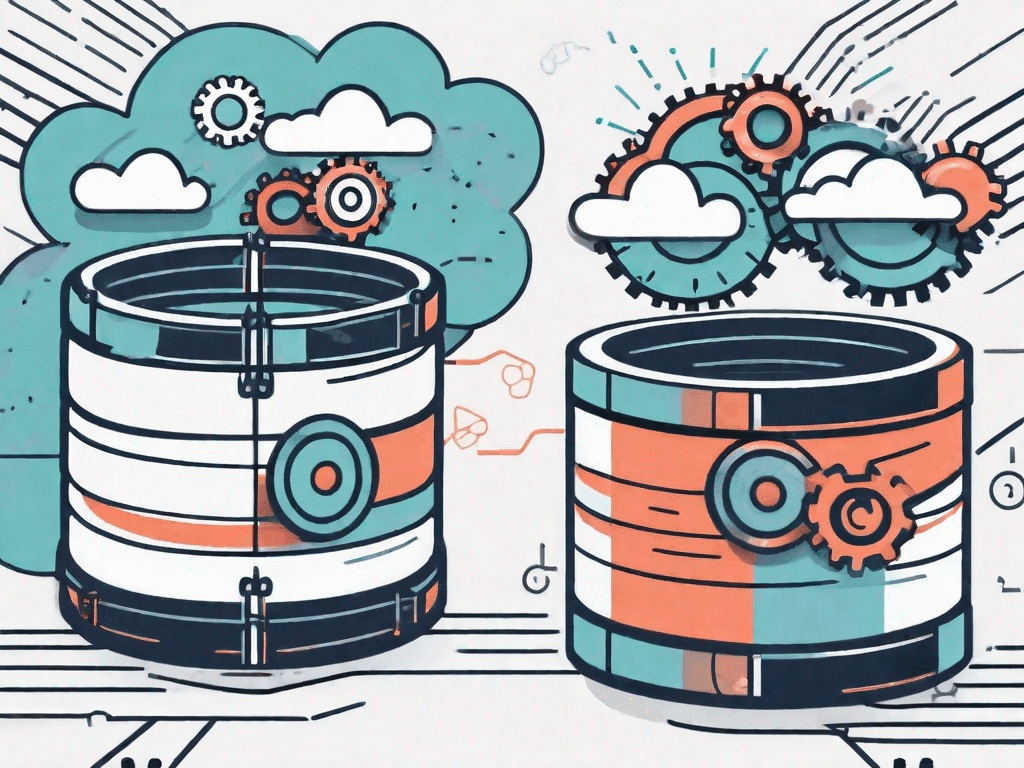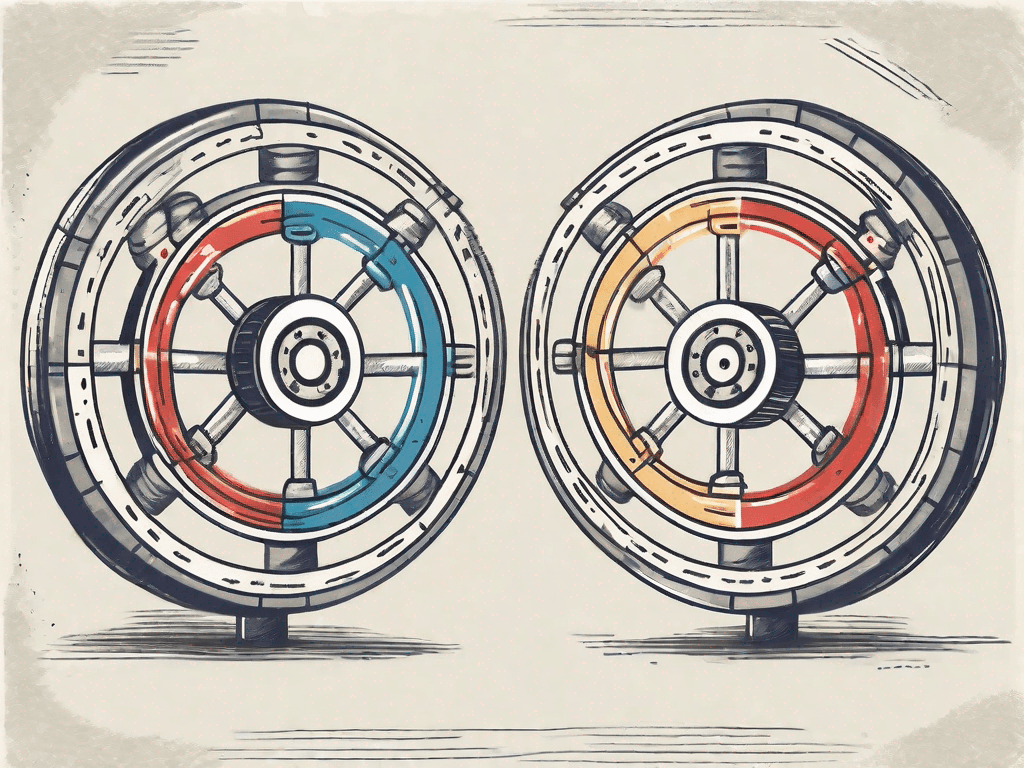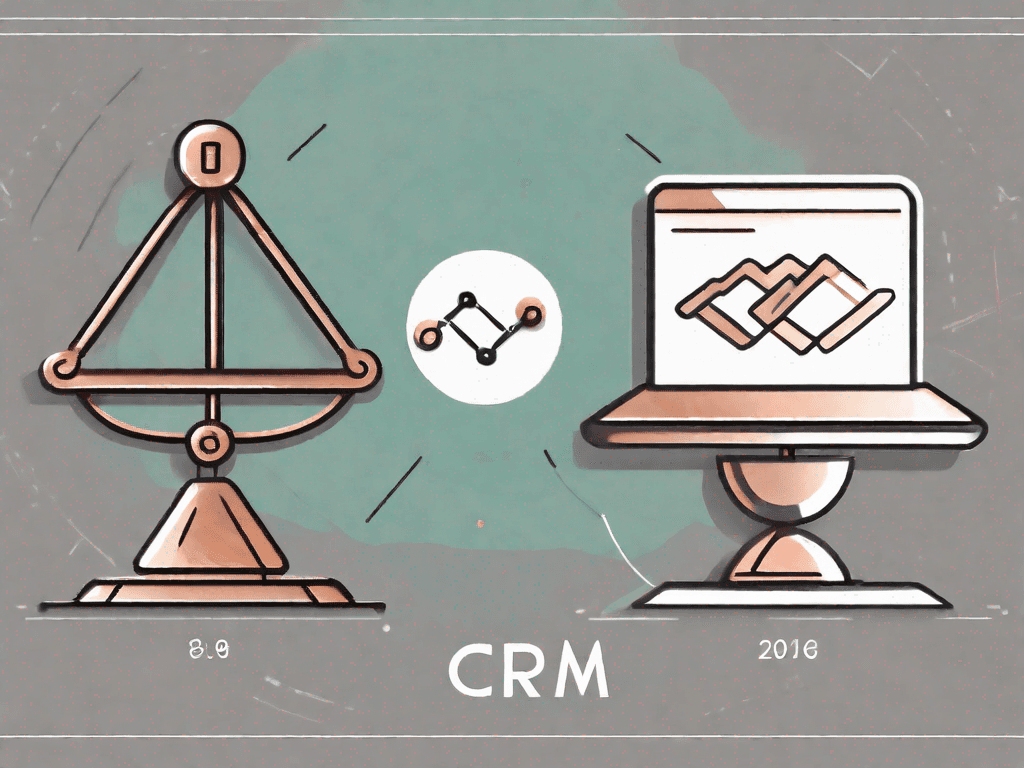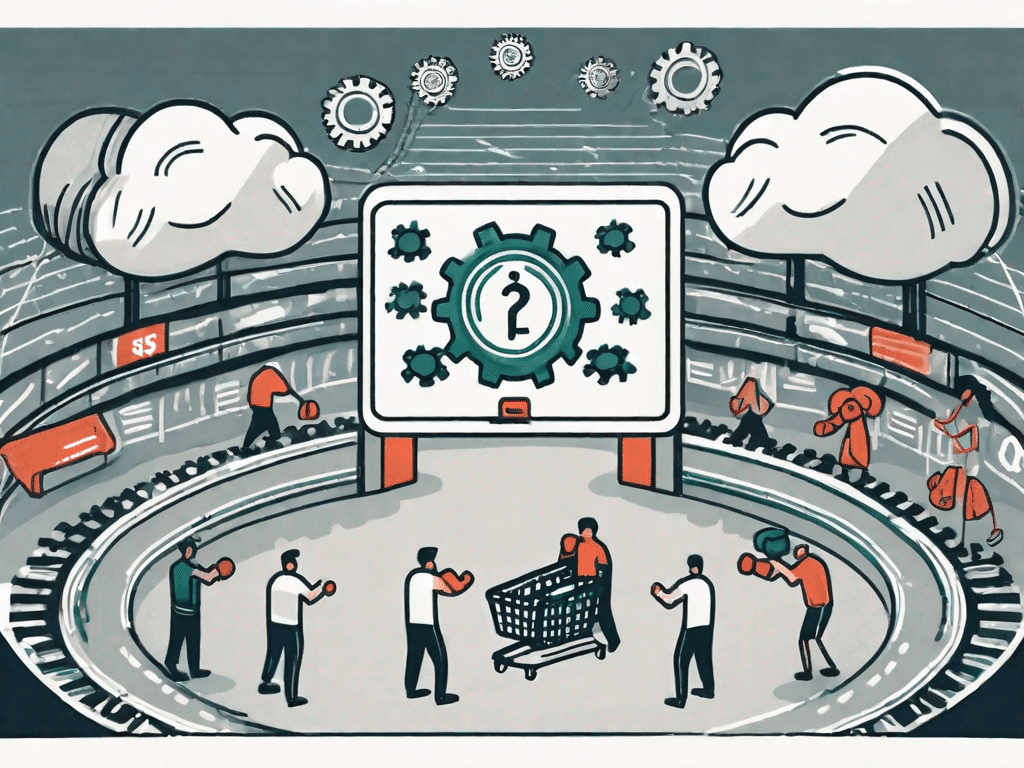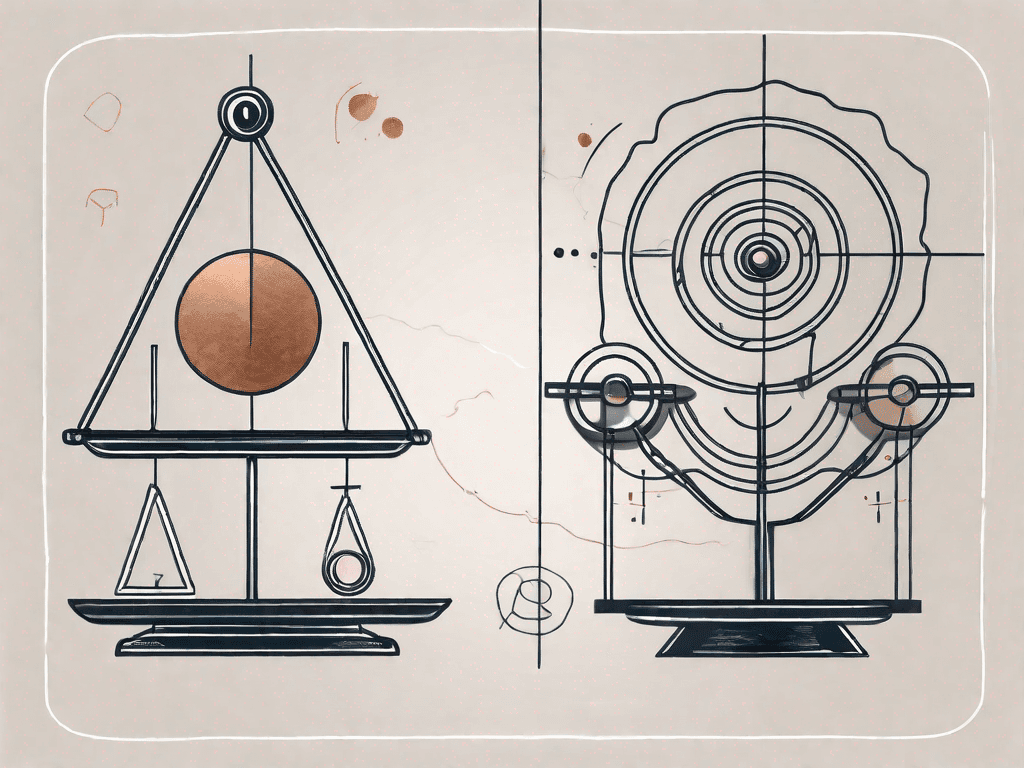
Copper CRM vs Notion: Which CRM is the Best?
In the world of customer relationship management (CRM) software, there are many options to choose from. Two popular choices are Copper CRM and Notion. Both platforms offer a range of features and benefits, but which one is truly the best? In this article, we will compare Copper CRM and Notion in various aspects to help you make an informed decision
Pros and Cons of Copper CRM and Notion
1.1 Copper CRM
Copper CRM, formerly known as ProsperWorks, is a powerful CRM platform designed specifically for small and medium-sized businesses. It offers a user-friendly interface with easy navigation and intuitive features. With Copper CRM, businesses can efficiently manage their customer relationships and streamline their sales processes. Let's take a closer look at some of the pros of using Copper CRM:
Seamless integration with Gmail and Google Workspace: One of the standout features of Copper CRM is its ability to seamlessly integrate with Gmail and Google Workspace. This integration allows users to manage their emails, contacts, and calendars directly within the CRM platform. It eliminates the need for switching between different applications, saving time and improving collaboration among team members.
Automated data entry and updating: Copper CRM automates the process of data entry and updating, reducing the need for manual input and minimizing the risk of errors. When a new lead or contact is added to the system, relevant information such as name, email address, and phone number can be automatically populated. This feature not only saves time but also ensures that the CRM database is always up to date.
Customizable dashboards and reports: Copper CRM provides customizable dashboards and reports that allow businesses to track and analyze their sales performance. Users can create visualizations and charts to gain insights into their pipeline, revenue, and other key metrics. This feature enables businesses to make data-driven decisions and identify areas for improvement.
Despite its many advantages, Copper CRM does have a few cons to consider:
Limited third-party integrations: Compared to some other CRM platforms, Copper CRM offers a more limited selection of third-party integrations. While it integrates seamlessly with Gmail and Google Workspace, businesses that rely heavily on other software tools may find the options to be somewhat limited.
Higher pricing plans: Copper CRM's pricing plans may be higher compared to similar CRM solutions in the market. While the platform offers robust features and functionality, businesses on a tight budget may need to carefully consider the cost-effectiveness of Copper CRM.
Steep learning curve for advanced features: Some users have reported that the learning curve for advanced features in Copper CRM can be steep. While the platform is user-friendly overall, mastering the more advanced functionalities may require additional time and resources.
1.2 Cons of Copper CRM
While Copper CRM has its strengths, there are a few drawbacks to be aware of. One potential drawback is the limited availability of third-party integrations. This may restrict users who rely on certain software tools or services that are not compatible with Copper CRM. However, it's worth noting that Copper CRM's seamless integration with Gmail and Google Workspace can still provide significant benefits in terms of email management and collaboration.
Additionally, Copper CRM's pricing plans can be higher compared to similar CRM platforms. This may deter budget-conscious businesses or startups from adopting Copper CRM as their CRM solution. However, the platform's robust features and customizable dashboards may justify the higher cost for businesses that prioritize advanced functionality and data analysis.
Finally, some users have reported that the learning curve for advanced features in Copper CRM can be steep. This may require additional time and resources to fully utilize the platform's capabilities. However, Copper CRM's user-friendly interface and intuitive navigation can still provide value to businesses even without fully exploring the advanced features.
1.3 Pros of Notion
Notion is not a traditional CRM platform, but it offers a versatile and customizable workspace that can be adapted to serve as a CRM solution. Here are some of the pros of using Notion as a CRM tool:
Flexible and customizable interface: Notion provides a flexible and customizable interface, allowing users to create their own CRM workflows and structures. Businesses can design their CRM database, organize customer information, and track sales activities according to their specific needs. This level of customization ensures that the CRM solution aligns perfectly with the unique requirements of the business.
Powerful collaboration features: Notion's collaboration features make it easy to share and work on CRM data with team members. Multiple users can collaborate on a single CRM workspace, making it seamless to update customer information, track interactions, and share important notes. This feature enhances team productivity and fosters effective communication within the sales team.
Integrated task management and note-taking functionalities: Notion goes beyond traditional CRM capabilities by offering integrated task management and note-taking functionalities. Users can create to-do lists, set reminders, and take notes directly within the CRM workspace. This comprehensive workspace ensures that sales teams have all the necessary tools to manage their tasks and stay organized.
1.4 Cons of Notion
While Notion offers unique advantages as a CRM solution, it also has some drawbacks to consider:
Not specifically designed for CRM purposes: Notion is a versatile workspace that can be adapted to serve as a CRM solution, but it is not specifically designed for CRM purposes. This may result in potential limitations for more complex sales processes. Businesses with intricate sales workflows or specific CRM requirements may find that dedicated CRM platforms offer more specialized features.
Limited automation capabilities: Compared to dedicated CRM platforms, Notion's automation capabilities may be more limited. While it provides a customizable workspace, businesses that heavily rely on automation for their sales processes may find that Notion falls short in this aspect. However, the platform's flexibility and collaborative features can still provide value to businesses that prioritize customization and teamwork.
Users may require more time and effort to set up and customize Notion: Notion's customization options may require more time and effort to set up compared to dedicated CRM platforms. Businesses will need to invest resources into designing and configuring their CRM workspace to fit their specific needs. However, once the initial setup is complete, Notion's flexibility and adaptability can provide a tailored CRM solution.
1.5 Key Differences between Copper CRM and Notion
When considering Copper CRM vs Notion, it's important to understand the key differences between the two platforms. Here are some of the main differences:
Copper CRM is a dedicated CRM platform with a focus on sales and customer management, while Notion is a versatile workspace that can be adapted as a CRM solution. Copper CRM offers a more comprehensive set of CRM features, specifically designed to meet the needs of sales teams.
Copper CRM offers seamless integration with Gmail and Google Workspace, whereas Notion provides a more generalized integration with various tools. This makes Copper CRM an attractive option for businesses that heavily rely on Google's suite of productivity tools.
Copper CRM has a steeper learning curve for advanced features, while Notion's customization may require additional setup time. Businesses considering Copper CRM should be prepared to invest time and resources into fully exploring the platform's advanced functionalities. On the other hand, Notion's customization options may require initial setup time to tailor the CRM workspace to the business's specific needs.
How does Copper CRM pricing compare to Notion?
2.1 Copper CRM Pricing
Copper CRM offers multiple pricing plans to accommodate different business needs. The pricing plans include:
Basic Plan: Starting at $19 per user per month, this plan offers basic CRM features suitable for small teams.
Professional Plan: Starting at $49 per user per month, this plan includes advanced features and increased storage capacity.
Business Plan: Starting at $119 per user per month, this plan provides extensive customization options and dedicated support.
2.2 Notion Pricing
Notion offers a freemium pricing model, allowing users to access a basic set of features for free. For more advanced features and increased usage limits, Notion offers two paid plans:
Personal Plan: Priced at $4 per month, this plan provides access to advanced features and increased file upload limits.
Team Plan: Priced at $8 per user per month, this plan includes additional collaboration and administrative features.
2.3 Pricing comparison
When comparing Copper CRM and Notion pricing, it's important to consider the specific needs of your business. Copper CRM offers more robust CRM features and is priced accordingly. Notion, on the other hand, provides a versatile workspace that can be adapted as a CRM solution at a lower cost.
How do Copper CRM integrations compare to Notion?
3.1 Copper CRM integrations
Copper CRM offers a range of integrations to enhance its functionality and connect with other essential business tools. Some of the key integrations available for Copper CRM include:
Gmail and Google Workspace
Slack
Mailchimp
Zendesk
3.2 Notion Integrations
Notion integrates with various popular third-party tools to enhance its productivity and collaboration features. Some of the notable integrations available for Notion include:
Trello
GitHub
Zoom
Google Calendar
Which one is the Best for You?
4.1 The Best for Salespeople
For salespeople looking for a powerful CRM platform with robust features, seamless integration with Gmail and Google Workspace, and advanced sales analytics capabilities, Copper CRM is likely the best choice.
4.2 The Best for Consultants
For consultants who have unique CRM workflows and require a highly customizable workspace, Notion offers the flexibility and adaptability needed to tailor a CRM solution to specific consulting needs.
4.3 The Best for Digital Marketing Agencies
For digital marketing agencies, Notion's collaborative features and integration capabilities make it an excellent choice. The ability to share and work on CRM data with team members, combined with the integration with tools like Trello and Google Calendar, can significantly enhance agency workflows.
In conclusion, the best CRM platform for your business ultimately depends on your specific needs and preferences. Copper CRM excels in providing a dedicated CRM solution with seamless integration and advanced features. Notion, on the other hand, offers a versatile workspace that can be adapted as a CRM solution, with strong collaboration and customization capabilities. Evaluate the pros, cons, pricing, and integrations of each platform to determine which one is the best fit for your business.























